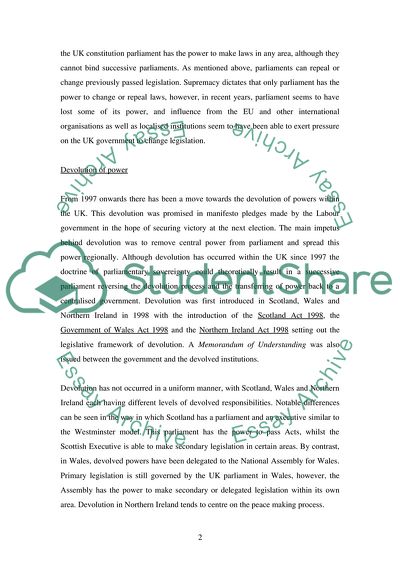Cite this document
(“Constitutional Rights of The UK Research Paper Example | Topics and Well Written Essays - 2500 words”, n.d.)
Constitutional Rights of The UK Research Paper Example | Topics and Well Written Essays - 2500 words. Retrieved from https://studentshare.org/law/1722185-constitutional-rights-2
Constitutional Rights of The UK Research Paper Example | Topics and Well Written Essays - 2500 words. Retrieved from https://studentshare.org/law/1722185-constitutional-rights-2
(Constitutional Rights of The UK Research Paper Example | Topics and Well Written Essays - 2500 Words)
Constitutional Rights of The UK Research Paper Example | Topics and Well Written Essays - 2500 Words. https://studentshare.org/law/1722185-constitutional-rights-2.
Constitutional Rights of The UK Research Paper Example | Topics and Well Written Essays - 2500 Words. https://studentshare.org/law/1722185-constitutional-rights-2.
“Constitutional Rights of The UK Research Paper Example | Topics and Well Written Essays - 2500 Words”, n.d. https://studentshare.org/law/1722185-constitutional-rights-2.


